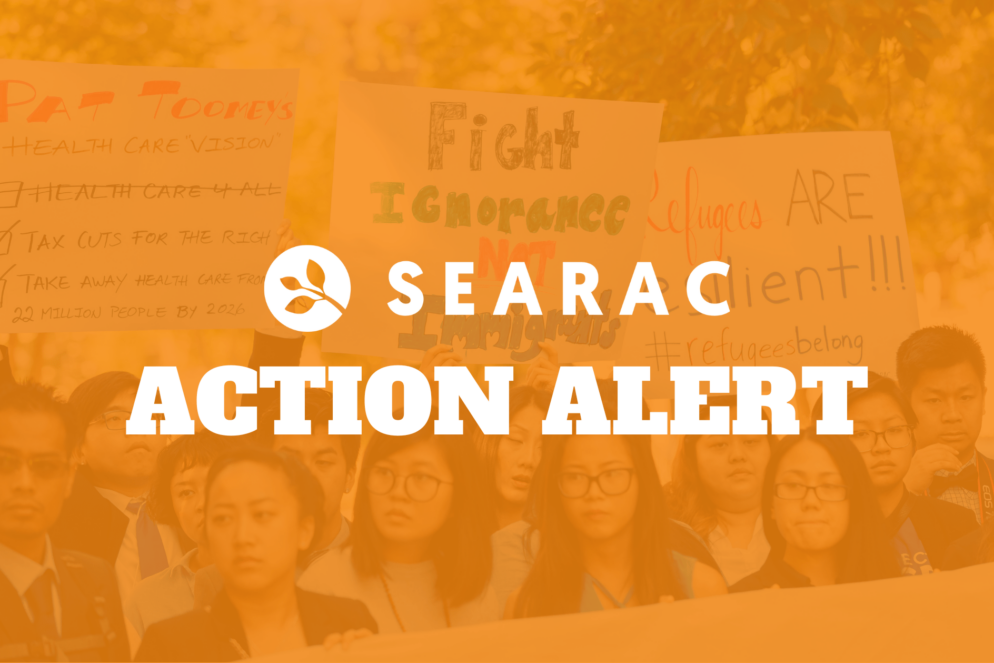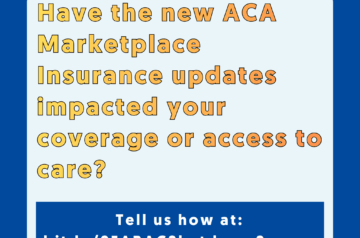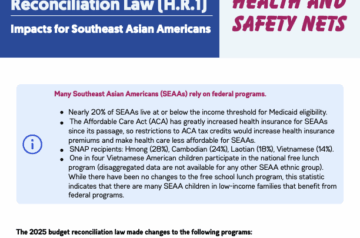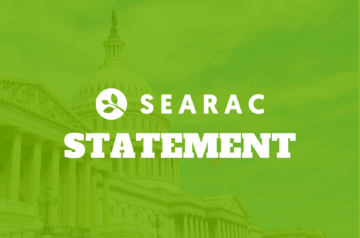Washington, DC– SEARAC applauds Sen. Mazie Hirono’s introduction of the Health Equity and Accountability Act (HEAA) of 2018, following the House introduction by Rep. Barbara Lee in May. This critical piece of legislation would benefit Southeast Asian American (SEAA) communities, as it includes provisions that would improve the collection and reporting of disaggregated data. The bill also creates culturally and linguistically appropriate health and mental health services to address the unique needs of immigrants and refugees.
As the largest refugee community to ever resettle in America’s history, SEAAs experience unique health and mental health challenges resulting from decades of unaddressed trauma and physical impacts of the US-backed war in Southeast Asia. For instance, SEAAs suffer disproportionately from hepatitis B, which can lead to cirrhosis, liver cancer, and liver failure. Hmong and Vietnamese women are at a higher risk of cervical cancer than other racial/ethnic groups.1 Additionally, many community members need support dealing with the physical, mental, and emotional scars from the war. A 2005 study in Long Beach found that 62% of older Cambodian adults experience symptoms of post-traumatic stress disorder, and 51% have major depression, compared to 3% of the general population in the United States.2 HEAA would help unmask these disparities through disaggregated data collection and reporting.
Furthermore, inadequate access to culturally and linguistically competent quality health care lead to SEAA health disparities. According to 2011-2015 US Census estimates, 38.3% of Cambodian, 36.7% of Hmong, 34.5% of Lao, and 48.6% of Vietnamese households speak English less than “very well,” compared to 8.6% of total US households.3 In addition to the linguistic and cultural barriers, many SEAA communities experience poverty at high rates, with 11% of Lao, 13% of Vietnamese, 14.9% of Cambodian, and 16.3% of Hmong still living below the poverty line.4 The combined barriers of limited English proficiency and low income result in the absence of quality care required to treat urgent and chronic conditions.
“SEARAC mobilized support for the Affordable Care Act in 2017 by collecting hundreds of community testimonials through our comment card campaign,” said Quyen Dinh, executive director of SEARAC. “This year, we want to go beyond protecting our health care to fighting for true health equity. HEAA creates systems that are responsive to the unique needs facing our SEAA families and elders so that they are able to heal with dignity. We applaud Sen. Hirono for her leadership and call on all lawmakers to support this historic bill.”
Take Action
Call your senators and representative to support the Health Equity and Accountability Act of 2018!
Suggested script
“I am your constituent from (city, state), and I urge you to support the Health Equity and Accountability Act of 2018 (HEAA). As survivors of war and trauma from the US-backed war in Southeast Asia decades ago, many Southeast Asian American families and elders from Laos, Cambodia, and Vietnam continue to suffer with unaddressed physical and mental health issues. Our current health care systems lack an understanding of these disparities and offer little to no culturally and linguistically appropriate care. It is for these reasons that I support HEAA and encourage you to stand with our community by cosponsoring this important bill.”
*If your senator or representative is already co-sponsoring HEAA, remember to thank him or her!




